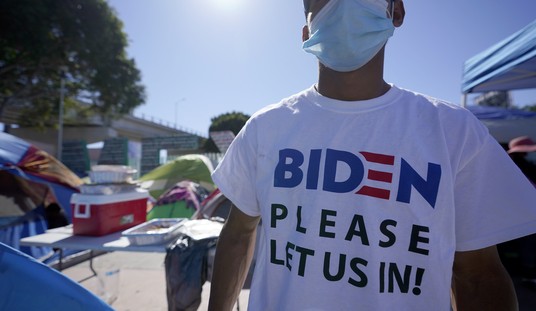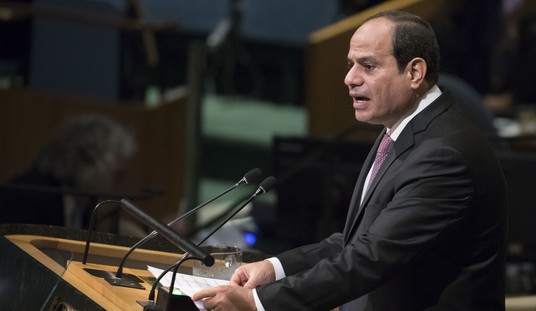On Wednesday Israel went into radical lockdown for at least a week. You can leave your home only to buy food or medicine, receive medical care, donate blood, attend a demonstration (in Israel, an essential need), and a few other purposes; otherwise you’re allowed no more than “a short walk of no more than 100 meters from one’s home” on pain of a fine or even a jail sentence.
As of Wednesday evening there had been five deaths in Israel and a total of 2,170 known COVID-19 cases. Authorities fear a possibility of drastically higher numbers—and they fear something else, too: a general deterioration in the region that could lead to desperation and attacks on the still much-hated Jewish state.
A recent conference centered on the question of whether Iran, with its severe coronavirus crisis, will react by lashing out—probably by using proxies, and especially if it “perceive[s] Israel’s military as being unable to call up masses of reserves or send large groups of civilians into close quarters in rocket shelters due to coronavirus restrictions.”
Former Israeli national security adviser Yaakov Amidror believes that “Iran will try to continue with the pressure [against the U.S.], especially in Iraq, where it has Shiite militias.”
Amidror, however, is more guarded about the possibility of Iran using its proxies to open a front against Israel, expecting Hizballah to be “very, very cautious” in light of the catastrophic situation in Lebanon, which is $90 billion in debt after decades of kleptocracy.
And regarding the Iranians themselves, Amidror thinks they won’t “push themselves into a corner” given their own drastic domestic problems: “The last thing Iran wants to see right now is 400 Israeli planes above Tehran.”
But Efraim Inbar, a veteran analyst and head of the Jerusalem Institute for Strategy and Security, takes a less sanguine view of the region’s volatility. He notes that many units of the Israel Defense Forces “are suffering from a shortage of manpower because of infected soldiers and commanders, and others who have been placed under quarantine…. If the disease spreads, the IDF’s ability to act swiftly may be affected as well. There are many historical examples of armies disintegrating because of an epidemic.”
Inbar also points out that the region is rife with “conspiracy theories holding Jews responsible for the coronavirus” — here, for instance, are Turkish officials, media, and public saying the pandemic is a “Zionist plot.”
In Inbar’s view, then, “the assertion that the global pandemic diverts enemy attention from the conflict with Israel…is, alas, wishful thinking.”
And then there’s the question of Israel’s immediate neighbors, the Palestinians.
Daniel Siryoti of the Israel Hayom daily notes that Israel’s economic boom over the past decade “also had a positive impact on the economy in the Palestinian Authority. Hundreds of thousands of Palestinians earned a living working [in Israel], the settlements, and the [West Bank] industrial zones.”
Now, though, as the virus strikes, those hundreds of thousands have had to be laid off and “a senior PA official [says] the Palestinian Authority’s economy is almost entirely incapable of enduring such a crisis.”
The result could be “anarchy and chaos”—“not only in the PA areas but, even more drastically in the congested Gaza Strip—where the healthcare system is all but non-functioning in regular times, let alone the current emergency.”
Trying to ward off a calamity, Israel has been rushing medical and financial aid to both Gaza and the West Bank-based PA—and, for all their deep-seated hostility to the Jewish state, those entities have been all too glad to accept it.
Still, “senior PA security officials” speak of an “extreme scenario whereby hundreds of thousands of Palestinians from PA areas and Gaza will look to escape into Israel in an attempt to save their lives and their loved ones.”
Will any of these scenarios materialize? Unknown. One thing, though, is clear: maintaining an island of Western democracy in an unstable, strife-prone region has never been easy. At such times Israeli society—if not necessarily its political elite—is known to show high cohesion and resilience. We’ve been there before.








Join the conversation as a VIP Member